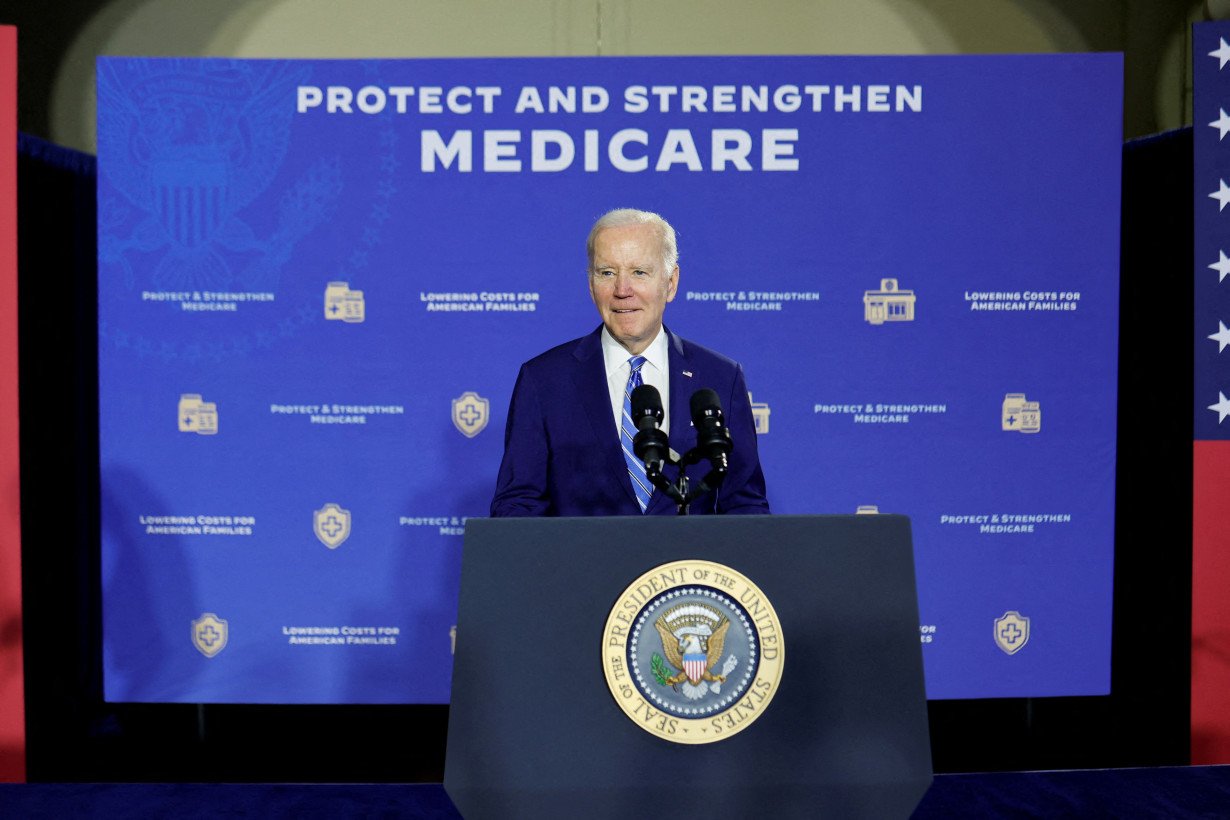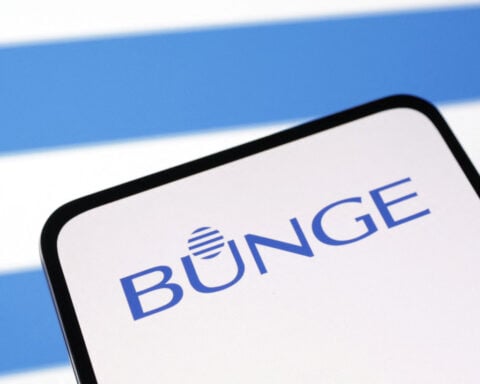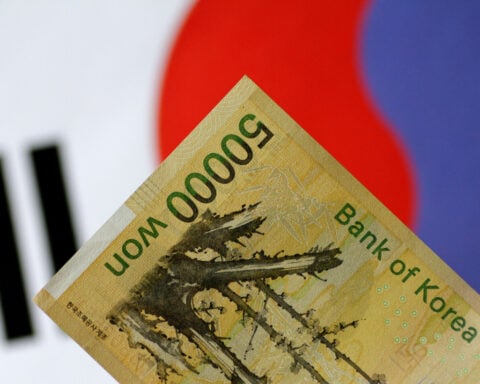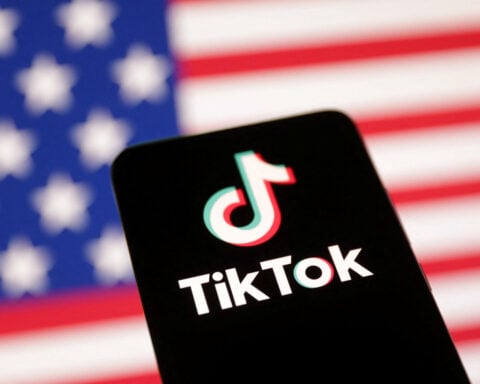By Michael Erman and Patrick Wingrove
(Reuters) - All the drugmakers that make the 10 prescription medicines subject to the first-ever price negotiations for the U.S. Medicare health program, including Amgen and Novartis, said they signed on to participate in the talks by the Oct. 1 deadline.
The penalties for not doing so would have been steep: drugmakers would have to pay 65% to 95% taxes on their drug's Medicare sales or withdraw all of their products from the Medicare and Medicaid programs, which together provide health benefits to 158 million Americans.
"Merck will sign the initial agreement with CMS under protest," the U.S. company said in a statement. "The choice between doing so and weathering the ... massive fines and taxes is no choice at all"
At least seven of the drugmakers have sued the U.S. Department of Health and Human Services, which oversees the Medicare agency, calling the process unconstitutional price setting.
On Friday, a federal judge rejected an attempt by the U.S. Chamber of Commerce to block the program in a lawsuit. Danish drugmaker Novo Nordisk filed its own lawsuit on Friday in the U.S. District Court in New Jersey.
The U.S. Centers for Medicare & Medicaid Services (CMS), did not immediately comment.
CMS chose the drugs based on certain criteria set out by Medicare. They must be sold in pharmacies, not have substantial generic competition, and have been on the market for at least nine years - 13 for more complex biotech drugs.
The drugs involved in the first round of price talks are: blood thinner Eliquis from Bristol Myers Squibb and Pfizer; Merck & Co's diabetes drug Januvia; Eliquis rival Xarelto as well as arthritis and Crohn's disease medicine Stelara from Johnson & Johnson; AbbVie's leukemia treatment Imbruvica; Amgen's rheumatoid arthritis treatment Enbrel; Boehringer Ingelheim and Eli Lilly's diabetes drug Jardiance; and insulin from Novo Nordisk.
Only the nine primary manufacturers of the 10 drugs were required to sign off on the deal with CMS.
The new prices, which will be required to be at least 25% lower than their current list, would take effect in 2026. The program aims to save $25 billion per year on drug prices by 2031.
The companies will have a chance to meet with CMS later this autumn and the regulator will send them a proposal for its "maximum fair price" for the drugs by Feb. 1, 2024.
Keep up with the latest medical breakthroughs and healthcare trends with our newsletter Reuters Health Rounds. Sign up here.
(Reporting by Michael Erman and Patrick Wingrove, Additional reporting by Ahmed Aboulenein in Washington; Editing by Bill Berkrot)

 TikTok seeks to reassure U.S. employees ahead of Jan. 19 ban deadline
TikTok seeks to reassure U.S. employees ahead of Jan. 19 ban deadline
 US won't seek charges in unarmed Black motorist Ronald Greene's fatal 2019 arrest
US won't seek charges in unarmed Black motorist Ronald Greene's fatal 2019 arrest
 Euro zone households could increase consumption, ECB chief economist says
Euro zone households could increase consumption, ECB chief economist says
 Foreigners sold South Korean equities last month by most since early 2020
Foreigners sold South Korean equities last month by most since early 2020
 Trump and Biden national and homeland security staff will meet Wednesday for threat exercises
Trump and Biden national and homeland security staff will meet Wednesday for threat exercises
 As fires ravage Los Angeles, Tiger Woods isn't sure what will happen with Riviera tournament
As fires ravage Los Angeles, Tiger Woods isn't sure what will happen with Riviera tournament
 Antetokounmpo gets 50th career triple-double as Bucks win 130-115 to end Kings' 7-game win streak
Antetokounmpo gets 50th career triple-double as Bucks win 130-115 to end Kings' 7-game win streak
 No 97 Laura Siegemund upsets Olympic champion Zheng Qinwen at the Australian Open
No 97 Laura Siegemund upsets Olympic champion Zheng Qinwen at the Australian Open








